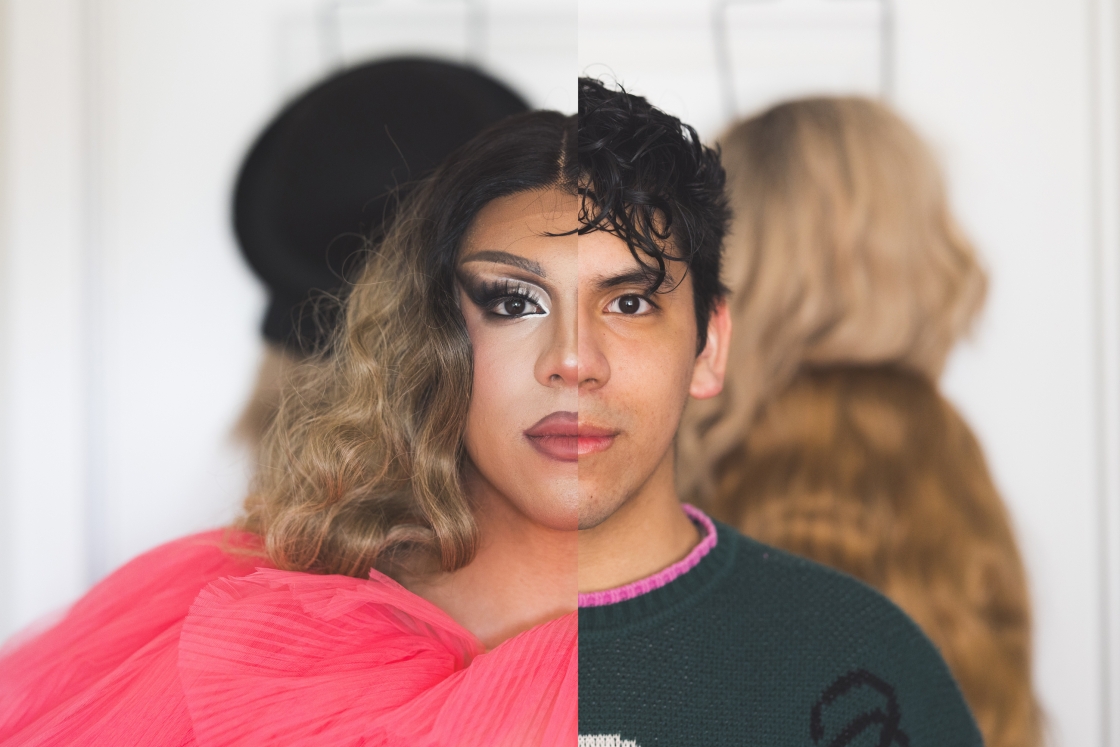This story was originally published in the Dartmouth College Fund’s Fall 2012 issue of “GREEN at Dartmouth.”

Trump Redd, from Portland, Ore., talked to GREEN at Dartmouth about her Tucker Foundation fellowship in Peru:
I took a year off after high school and volunteered in Peru, and freshman year I started looking for ways to go back. I was a Great Issues Scholar at the Dickey Center, and they recommended I talk with Jaime Bayona, at the Dartmouth Center for Health Care Delivery Science. He’s worked all over the world and is a founder of Socios En Salud (SES), the Peruvian branch of Partners in Health—a big deal in global health. Meanwhile, a friend knew someone running a clinic in Peru’s Sacred Valley. The Tucker Foundation funded me for four months—I lived with host families and that money covered my transportation, living costs, food, and getting around.
With SES I interviewed promatoras, the women who run small, local health care centers called botiquines, for a report on how SES could improve their training. In the evenings I’d attend training sessions where the promatoras learned about family planning, how to give injections, or TB control. At the clinic, I worked as an interpreter, translating patients’ needs and doctors’ diagnoses. As I learned more I could explain something like a gastritis problem to patients—and answer all their questions. I also got to see the entire surgical process: talking with patients before, watching the surgery, and then seeing patients when they came for follow-up. It was pretty spectacular.

The most transformative experience was putting myself into the mindset of people from this different culture. For example, in the U.S. most people would be happy if they didn’t need surgery, but with the people I was working with, not needing surgery could be crushing. I had to understand their perspective enough to communicate. It’s a matter of trust. It made me think about the ethics of working for the poor, and made me more determined to make a difference in international health care. Both the clinic and SES have local staff—they are not run from the outside. It’s important to have change come from within.
Without the Tucker Fellowship I couldn’t have gone to Peru, simple as that. Their values are unique to Dartmouth—students questioning their service experiences and the ethics behind them. What are you doing, and why? The Great Issues Scholars Program, the Dickey Center, Tucker Foundation: all of these resources are so integrally Dartmouth. John Sloan Dickey said, “The world’s troubles are your troubles”—that’s the Dartmouth ideal.

